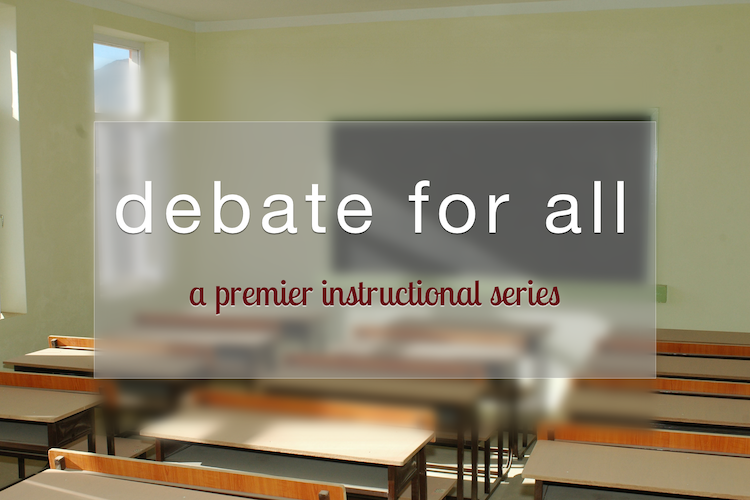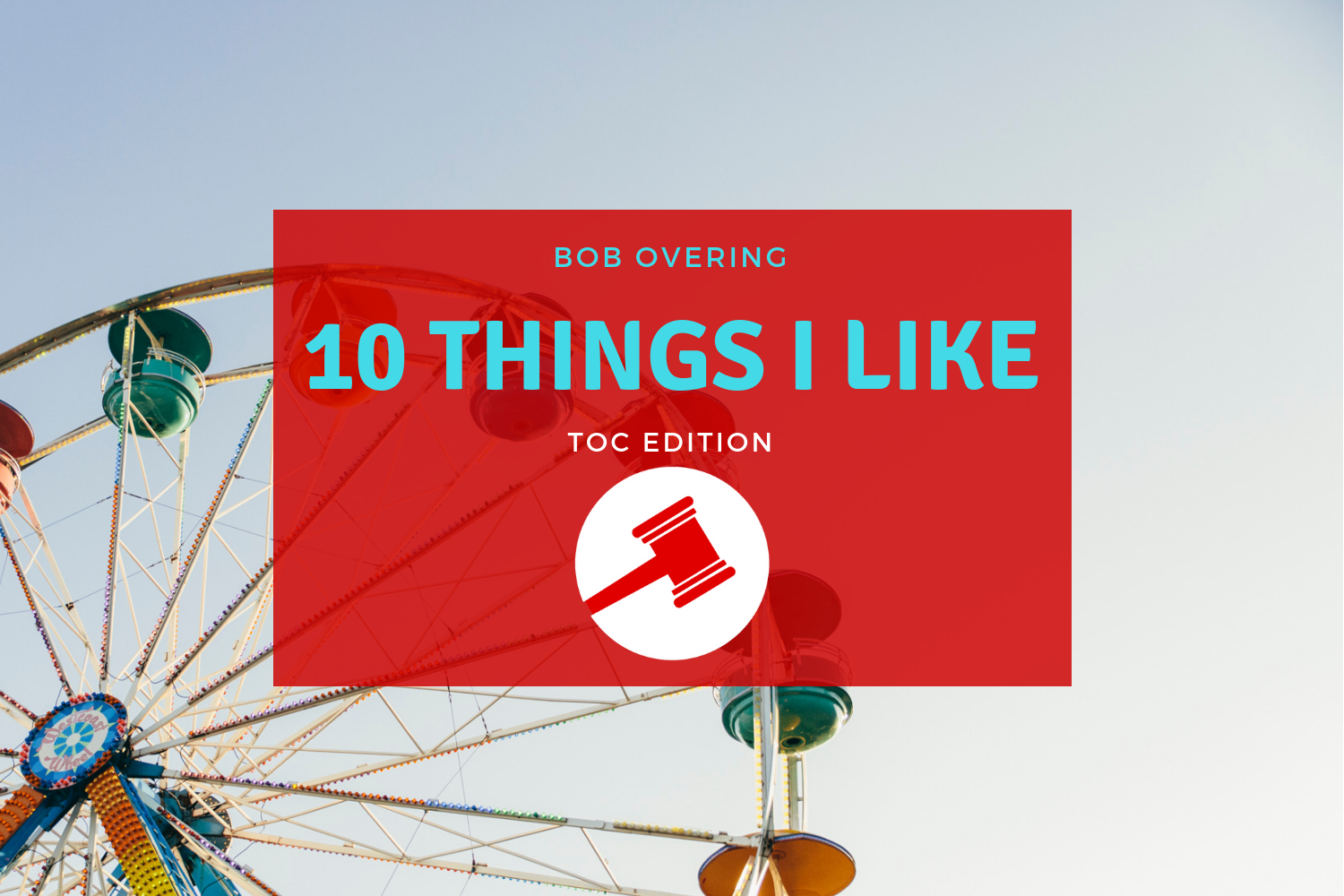Debate for All: How to Practice Theory

Drills, drills, drills. You can do these drills with teammates, friends or coaches, or you can do them all by yourself! I recommend rotating among these types of drills, but depending on time and location, one type of drill might be better than another.
1: Watch & Learn Drills
There are a number of good theory debates on the Premier Debate YouTube Channel. When I have more time, I’ll pick out which I think are the most pedagogically useful and update this post. Off the top of my head, some debaters who read theory a bunch the past few seasons whom you might search include: Brentwood JL, Cambridge OS, Hunter NP, La Jolla RP, Loyola CK, Millburn WH, Oakwood JW, Palo Alto TC, Phoenix PW, and SLP RS.
So once you’ve found a good theory round online, what should you do when watching? First, try to predict the theory strategy before the start of each speech. Guess both what you think would be the best strategy and what you think the debaters will do. Second, after each speech, evaluate the debaters’ theory strategies in light of your expectations. Try to understand what was going through the debaters’ head at the time. Third, keep a running list of theory shells and common theory battles (e.g. fairness vs. education) that you can use for later drills. Evaluate whether you need to create blocks for any of these arguments and incorporate them into your repertoire.
2: Writing Drills
First, consider all the common theory shells: plans bad, conditionality, PICs bad, spec, disclosure, etc. Do you have your own version of each of these shells? Do you have a counterinterpretation to each of these shells? Are there any cards you need to make these theory arguments effectively? Write and research all of these shells. Even if you never run plans, writing answers to a plans bad shell can be productive because you may run a plan in the future, you want to predict what people will say when you run plans bad, and the skills are good to practice, regardless of the content. Do the same for what I’m calling the common “theory battles.” This includes debates over the RVI, drop the debater, fairness vs. K, spikes, presumption, 1AR theory good/bad, semantics vs. pragmatics, etc.
Second, it’s good to have a coach, a teammate, a friend, or even a fresh set of your own eyes look over your theory writing. In this secondary check, pay special attention to whether any good arguments are missing and whether those you’ve come up with can be made more efficient.
Third, after a round of edits, consider blocking out the most common arguments for the other side. E.g., you should have a block to the reciprocity argument for RVIs.
Doing all of this will add to your theory arsenal and help build your skills for more unpredictable theory arguments that you don’t have blocks against.
3: Speaking Drills
There are a number of great speaking drills that are pretty common. Here are two that I like, but they are by no means the be all and end all of theory practice.
One drill is extemping theory on minimal prep. To do this effectively, think of or have someone provide you with an interpretation and flesh out the shell on paper in as little time as possible. At first, this might take a minute and a half to get a couple standards down in your interpretation worded just right. With good practice you can probably do this in just 20 or 30 seconds. Then you deliver the shell also in a challengingly short amount of time.
There are two ways to go one step further with this drill. One is to repeat your delivery of the shell until it’s sufficiently efficient. Another is to take more prep to think of more and better arguments, and then deliver the shell again.
A second drill is generating theory options on extended prep. To do this, you get a case and give yourself five minutes without your computer to come up with as many theory arguments against it as possible. One version of this drill is to simply think of the interpretations and violations and move on. Another version is to flesh out each shell on paper and deliver it according to the guidelines in the first drill.
Conclusion
There are a number of ways to improve at theory debates, and they all take time and effort. The great thing about theory is you really can improve by watching videos and doing the drills yourself. You don’t need a lengthy practice with a top coach if you grind out shells on your own and compare them with some of the top teams’ arguments.
Comment below on your favorite theory drills and techniques!



